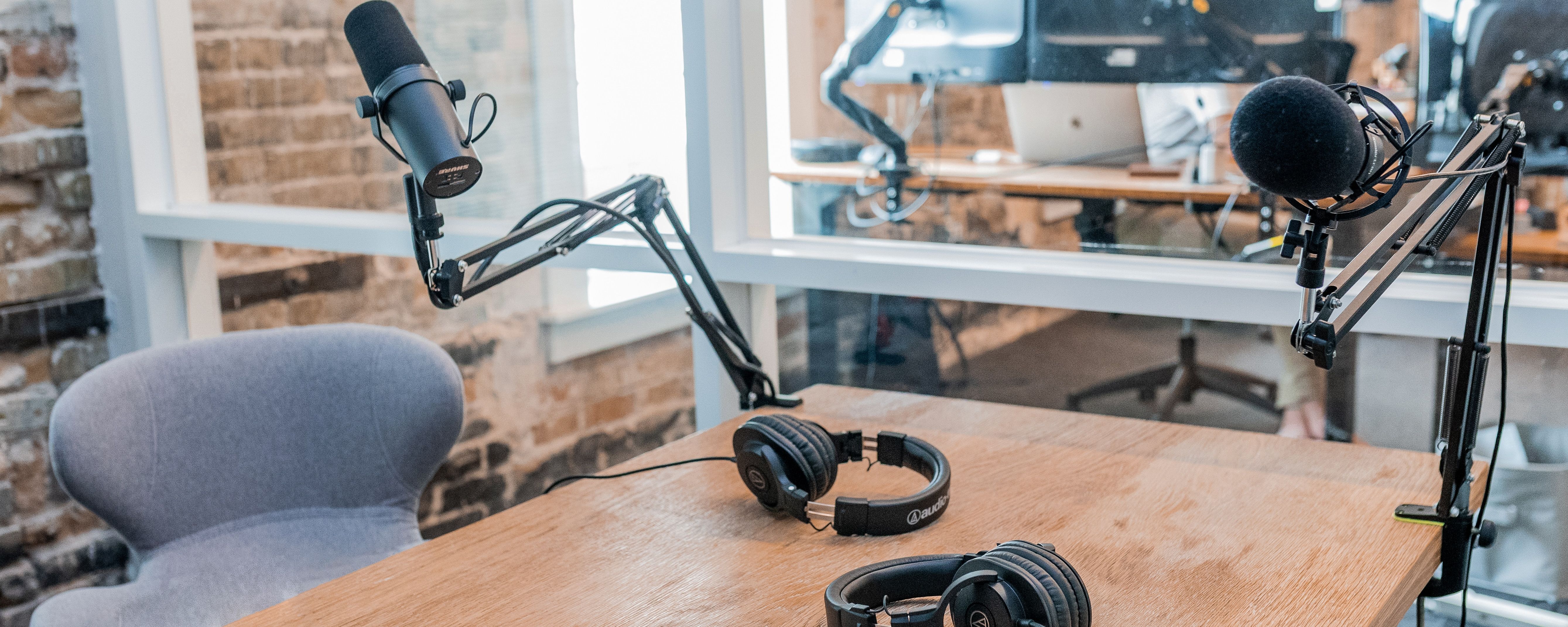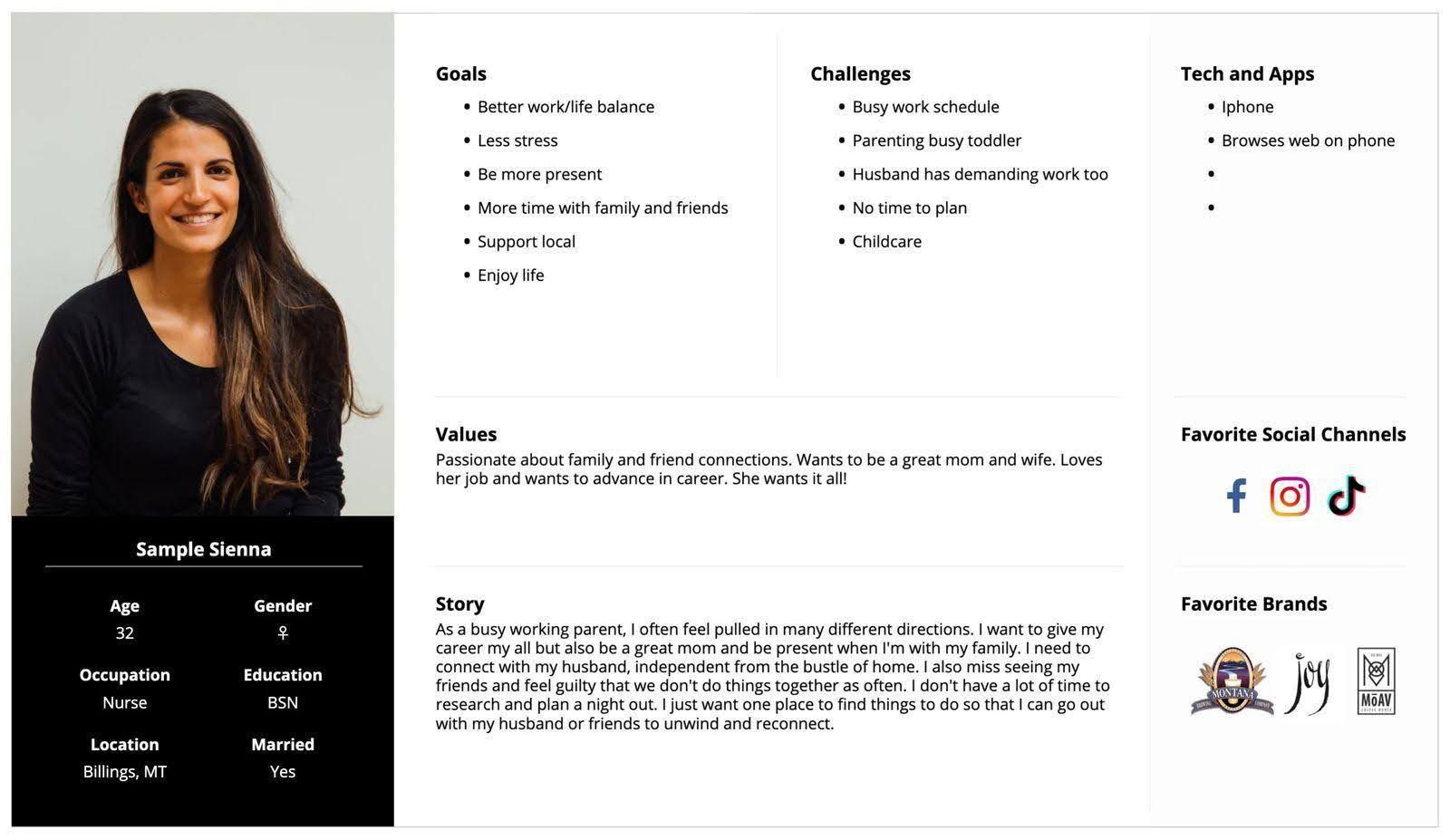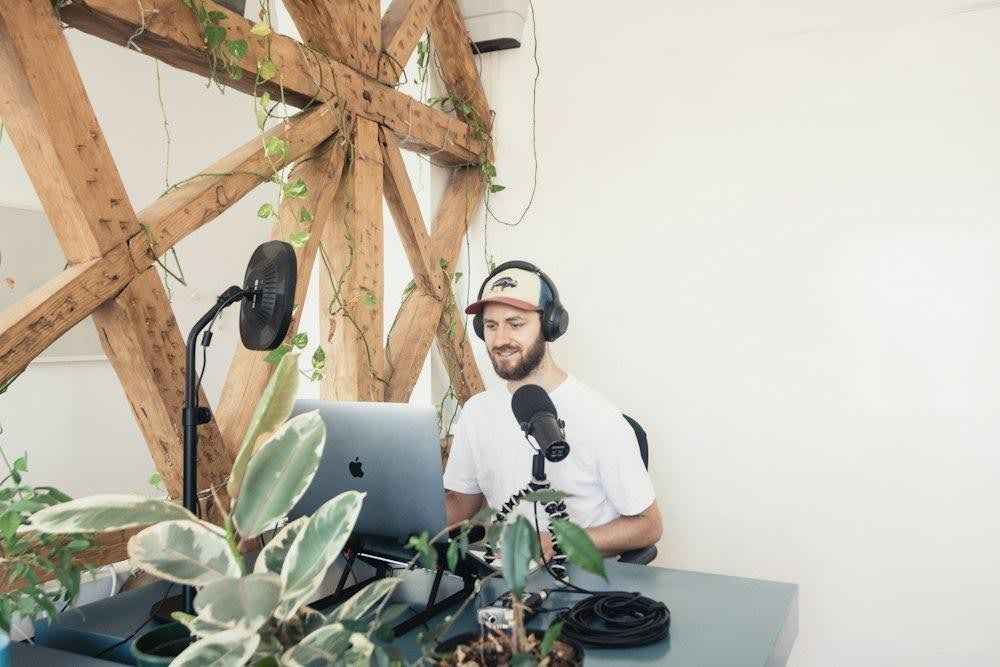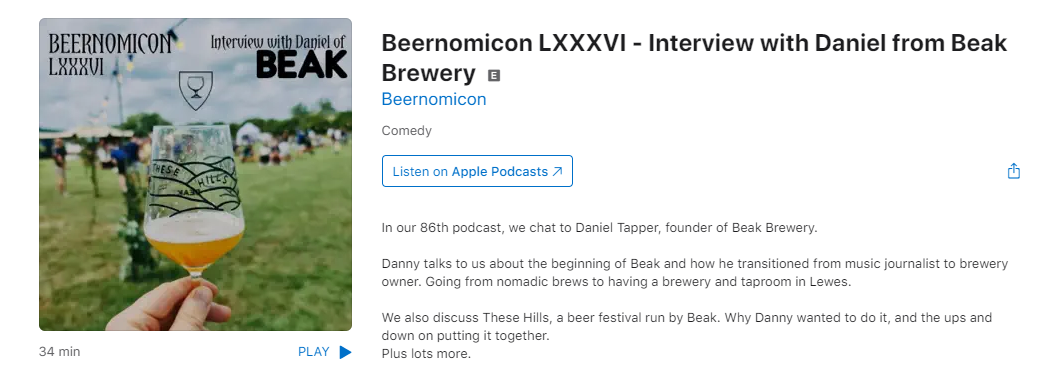How to Start a Successful Podcast: A Complete Guide

You’ve probably heard the term ‘podcast bro’ thrown around on social media a lot this year. While the phenomenon has come to have negative connotations, its rise speaks to the increasing popularity of the medium.
Forecasts show that by 2027, there will be 254.35 million podcast listeners in the U.S. alone. From finance to sports to true crime, audiences can’t get enough of this type of audio content. Why not capitalize on the growing trend to promote your business?
Whether you’re a SaaS company, an online course creator, or a restaurant owner, podcasts are a great way to demonstrate your unique value proposition. They also help you build credibility, grow your customer base, and even can help you make a side income.
Does this sound like something you’re interested in? Then, stick around, and we’ll show you everything you need to start a podcast. P.S. It’s much easier than you think.
Define your podcast concept and niche
Before you start your podcasting journey, you need to lay down some groundwork, i.e., define your concept and niche. Your concept answers what your podcast is about. Doing so focuses your content and helps establish you as a subject-matter expert.
If you’re a financial advisor, your podcast concept should be finance. If you’re a fitness trainer, talk about fitness. However, finance and fitness are broad categories. So, you should carve out a niche with them. For instance, your fitness podcast could focus on women’s bodybuilding.
Another determining factor in choosing a podcast concept is your listener base. Are your listeners industry professionals or the general public? What are their needs?
A successful podcast solves listeners’ problems. When you understand your ideal listener, you can create relevant content that resonates with them.
Develop customer or audience personas if you don’t already have some. These are data-driven characterizations of your ideal listeners that answer who they are, what they like, their goals, and the type of content they consume.
See the example below:

(Source)
This persona highlights the target listeners’ goals, challenges, and values. With this information, you know a podcast about managing stress and achieving work/life balance will resonate.
It’s best to research competitor podcasts to see how to position yourself to stand out. Also, visit online communities in your niche to discover trending or evergreen topics and brainstorm podcast titles and ideas.
Plan your podcast format
Now that you know your podcast concept and niche, it's time to get down to the nitty-gritty.
Determine what your podcast format will be. The most popular podcast format is the interview, with 44% of company podcasts using this style. However, the format doesn’t work for every topic.
Other formats to consider include:
- Conversational or co-hosted podcast – two hosts talk about a given subject
- Storytelling podcast – dramatized fiction narratives
- Investigative or reporting podcast – coverage and analysis of events
- Solo podcast – one host presents the program. Here’s an example of a solo podcast.
Suze Orman, host of the Women and Money Podcast, spends 20 to 30 minutes educating listeners with insightful and actionable financial advice.
Each podcast format has its advantages and disadvantages. For instance, you can schedule solo podcasts independently, but you carry the entire show yourself. Conversational podcasts are more relaxed, but the chemistry between the co-hosts is vital. Interview formats require a lot of outreach and preparation. But guests usually come with in-built audiences.
You’ll also need to determine your podcast structure. This refers to the individual episode length, layout, and frequency.
A Pacific Content study of 19 million podcast episodes showed that the average episode length is 41 minutes and 32 seconds. That doesn’t mean you should cut or stretch your podcast to meet this ideal. If you have 15 minutes of quality content, go with that. Podcasts are on-demand and don’t adhere to time constraints like broadcasting content. The only exception would be interviews, where you must consider the guest’s schedule.
Every episode should have these three things:
- Intro
- Body
- Conclusion
Potential listeners need to know what the episode covers, and going straight into content disorients them. Also, map out where to place ads. You want to incorporate marketing in a way that doesn’t spoil the listening experience.
Choose a publishing schedule as well. Whether you choose to post daily, weekly, monthly, or seasonally, make sure the release schedule remains consistent throughout. Don’t say you’ll post your first episode on Monday, 9 am, your second episode on Tuesday, 11 am, and your Wednesday episode at noon. That will just confuse your listeners. A consistent schedule helps you build trust and familiarity with your listener base.
In the words of Steli and Hiten, creators of The Startup Chat, consistency is king. With over 500 episodes, their key tip for making a successful podcast is to remain consistent and loyal to your audience.
“You need to be consistent about your publishing schedule, you need to be consistent and committed, when you start this, to do this for the long haul and not just for a few weeks.”, Steli says.
As a final tip, at this stage, plan, too, how you’ll create and manage your podcast community. You need this to enhance engagement with your audience and turn them into avid listeners. Think about it. Without an online community that gathers all your listeners’ comments and insights in one place, you’ll have to check each of your communication channels to answer. That’s quite impossible, especially with the jam-packed schedule of a podcaster. Besides, it’s a good idea to gather your like-minded listeners into one group where they can interact with each other. That’s great for brand loyalty.
So, what online community platform will you use? What types of content will you post to engage your listeners even if you haven’t uploaded your next podcast episode just yet? What are your ground rules for members? These are the questions you need to answer from the get-go to ensure a thriving and organized online community for your podcast later on.
Get the right podcasting equipment
Contrary to popular belief, beginner podcasters don't need expensive recording equipment. The reality is you can start a podcast with your computer or smartphone. As your podcast grows, you can invest in tools that improve audio quality and listening experience.
The essential podcasting equipment every successful podcaster needs are:
- Microphones: make or break podcast sound quality. Choose microphones that don’t pick up background noise. For instance, Cardioid mics pick sounds from the front, making them ideal for podcast recording.
- Headphones: quickly alert you to unwanted audio, like echoes, your microphone might pick up.
- Computer: Enables you to use podcast software like Garage Band or Adobe Audition to record and edit audio files.
Besides these essentials, other tools that can improve podcast audio quality include pop filters, audio interface/mixer, cameras, and lighting.
Pop filters and audio mixers boost sound quality. If you’re doing a video podcast, cameras, and lighting setups improve video output. Note that some smartphones rival professional cameras, and you don’t have to buy video recording cameras. Again, that’s great news for those who want to start a podcast with a limited budget.

The podcaster in the example above uses a microphone, audio interface, headphones, lighting device, and a laptop.
If you have an interview or conversational style podcast, you will need equipment for each person appearing on the podcast episode.
Record and edit your podcast
With the necessary equipment at hand, the fun can begin. Have a podcast script so you cover all the talking points, especially when you schedule interviews. Be sure to do a test run to position mics properly, remove distractions, charge equipment, and so on.
Post-production editing is where the magic happens, and it makes a difference in content quality. Podcast recordings often have awkward pauses, mistakes, or irrelevant information. Editing removes these unwanted parts to create a seamless narrative.
You can use editing tools like Adobe Audition to streamline your podcast. You can fine-tune audio files, add royalty-free music or podcast artwork, and create a podcast trailer to promote the program.
While editing episodes, you may want to include transcriptions and video subtitles so your content is accessible to diverse audiences.
Publish and promote your podcast
There are two main ways to publish your podcast. The first is creating a podcast website to host links or embed episodes. The second is to upload episodes to podcast-hosting platforms like Anchor, Podbean, or Buzzsprout.
The advantage of podcast platforms is they create RSS feeds you can distribute to podcast directories like Audible, Spotify, Apple Podcasts, or Google Podcasts.
Whether you upload episodes to your website or a podcast platform, include podcast and episode descriptions. These outline what the program is about and what listeners can expect.
Your descriptions must be compelling and strategic. They present a search engine optimization (SEO) opportunity through relevant keywords. Descriptions should be concise and include information about the host, the listener base, the value potential listeners will get, and the schedule.
The podcast description for the Beernomicon podcast is short and sweet. It tells potential listeners about the podcast hosts and the content of the podcast. Podcast show notes do the same.

(Source)
Don’t forget to promote your podcast once it’s launched. You’ve already done some promotion by incorporating relevant keywords into your descriptions and website, but SEO isn’t enough.
Other marketing strategies include blog posts and affiliate marketing. Create social media accounts for your podcast and promote clips of upcoming episodes as well. This Twitter post, for instance, includes the link to the promoted podcast episode. You can even announce how your listeners can join your online community, where they can discuss your podcast content. Don’t worry. You don’t have to spend a lot of time creating social media captions. You can use a generative AI platform to create copy quickly.
To build your listener base quickly, try paid social ads. However, this can get expensive. So, focus on social platforms identified in your listener personas. You can also partner with similar podcasts through sponsorship or becoming a guest to build audiences organically.
In closing
There are common misconceptions that may be holding you back from beginning your podcasting journey. For instance, you might think you need specific skills and expensive equipment. As you have seen, though, starting a podcast isn’t complicated or costly.
To start a podcast, you only need a computer (laptop or smartphone) and a topic to talk about for hours. Furthermore, many podcasting tools are free.
Podcasts aren’t going anywhere. Moreover, they are fast becoming profitable for freelancers and businesses alike.
The initial episodes or even the first season won’t be perfect. And growth will be slow. That’s ok. The more you work on it, the better you become. Follow the steps to start a podcast here, and you’ll have a successful one you can be proud of.

Niek Leermakers
Niek is a former tech journalist who swapped his pen for a Google Analytics in 2015 account and has been working in content marketing ever since. He really loves writing for Happy Scribe about media localisation and AI!